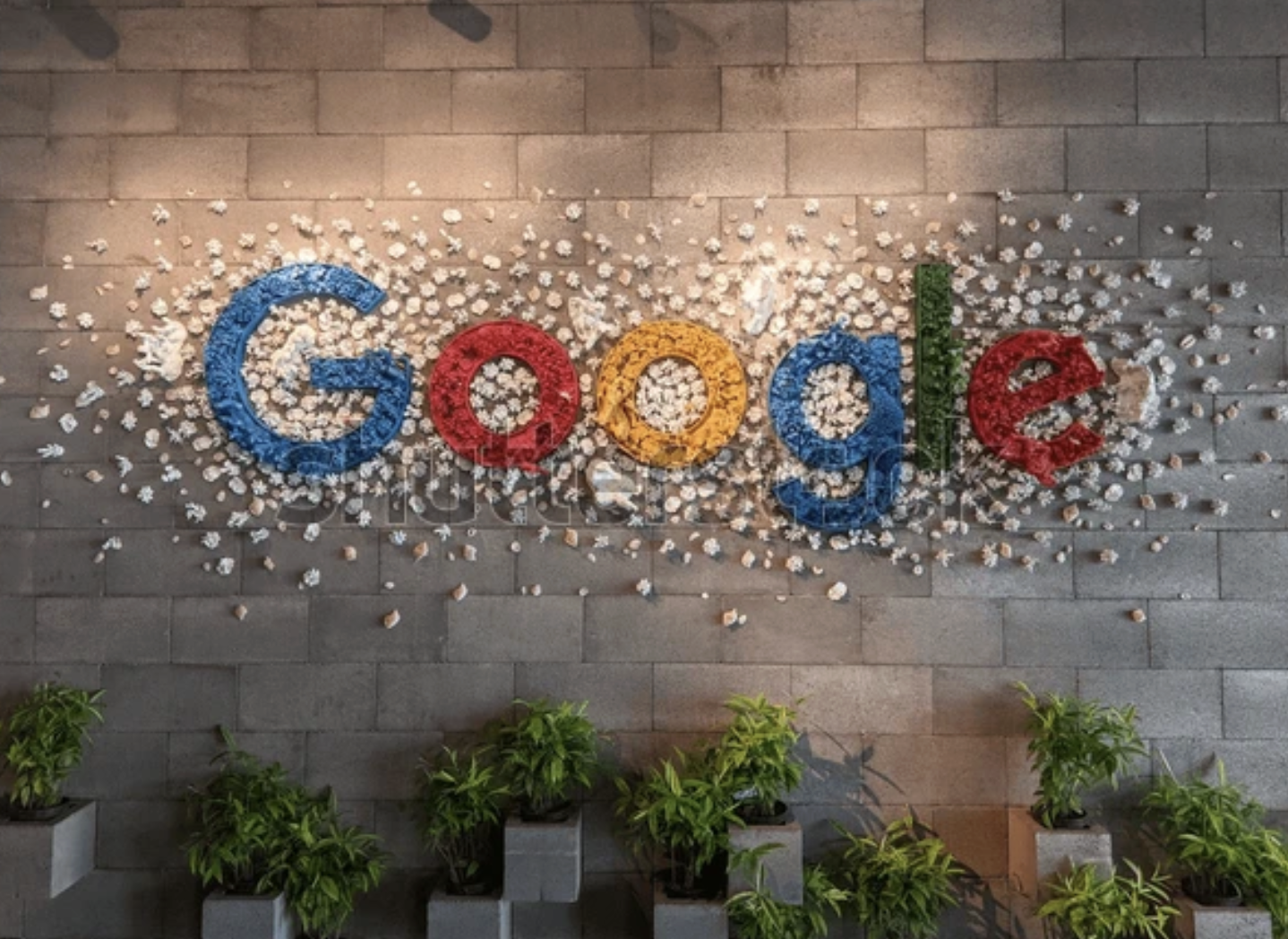Competition policy, rigorously applied to AI, will ensure AI benefits the public, not just large corporations
Open Markets and the Center for Journalism and Liberty at Open Markets work together to report on the progression of artificial intelligence (AI) models in the context of a number of corporations positioning themselves to dominate many levels of the AI tech stack, capture the bulk of the profit from the public’s use of AI, and as a result, control the next era of technological change.
Our scholarship brings together two debates that have largely been kept separate thus far: the promise and perils of generative AI, and of the harms of monopoly power in the digital age.
In November 2023, we released our first report and set of policy recommendations on corporate power and AI, “AI in the Public Interest: Confronting the Monopoly Threat,” and convened leading experts, journalists, policymakers, artists and more in Washington to discuss the top ways to ensure AI is developed to serve the public interest.
These are some of our top policy recommendations. You can find greater detail in the aforementioned report and in the publications and testimony provided below.
Policy Recommendations:
A handful of Big Tech companies – by exploiting existing monopoly power and aggressively co-opting other actors – have already positioned themselves to control the future of artificial intelligence and magnify many of the worst problems of the digital age, including the spread of misinformation and distortion of political debate, the decline of news and journalism, the exploitation of workers and consumers, monopolistic abuse of smaller businesses and challengers, amplified surveillance advertising and more.
Existing antitrust, competition and other laws can be wielded to correct these problems and ensure AI works in the public interest, and helps to strengthen democracy, rather than chip away at it.
As regulators debate how to begin regulating AI, we recommend they establish a clear hierarchy of goals for regulatory action, given limited resources, with a focus on threats to individual liberty and democratic institutions.
They should also make use of existing laws first where possible, and only invest in new legislation and regulatory institutions where strictly necessary.
Below are immediate actions governments can take to tackle monopoly power in AI, including:
Banning all discrimination by powerful gatekeeper platforms in the delivery of essential services to individuals and businesses;
Recognizing cloud computing as an essential infrastructure, separating ownership and control from the largest gatekeeper platforms, and regulating it as a public utility;
Recognizing that any data collected by large platforms in their capacities as essential services is public in nature, and establishing a public-interest regime to govern access;
Aggressively enforcing copyright laws to protect the properties of authors, creators, and other independent publishers from misappropriation and misuse by gatekeeper corporations;
Reversing gatekeeper efforts to control AI development through mergers, investments and partnerships and block similar deals in future.
In recent years, thanks to a revolution in antimonopoly lawmaking in Europe and in antitrust law enforcement in the United States, governments have begun to correct the grave imbalances in power and incentives that have undermined our collective ability to communicate reliably, solve pressing problems, and prosper fairly as a society. But this work is far from done, and the advent of AI makes it all that much more urgent to complete the job.








